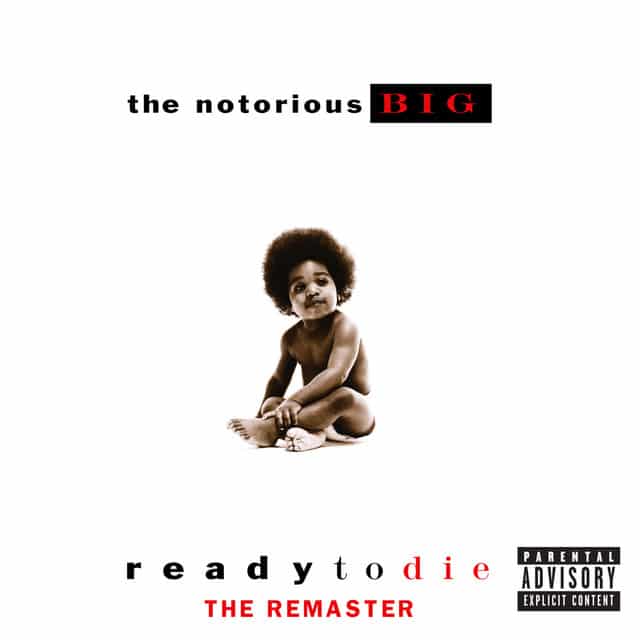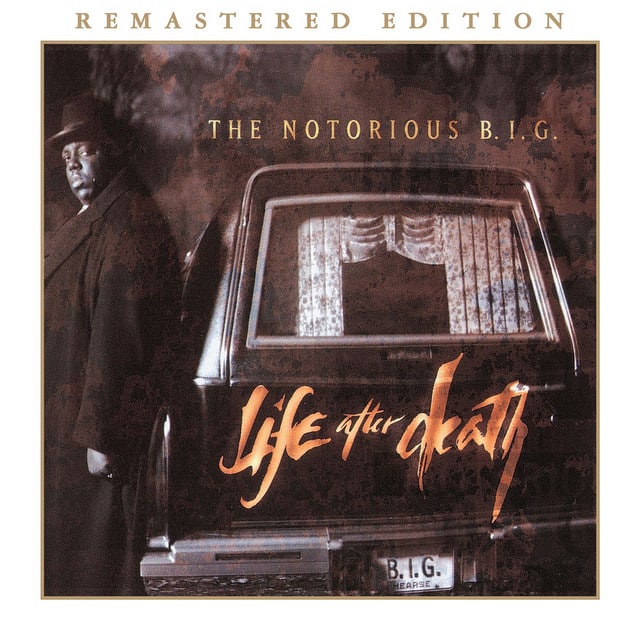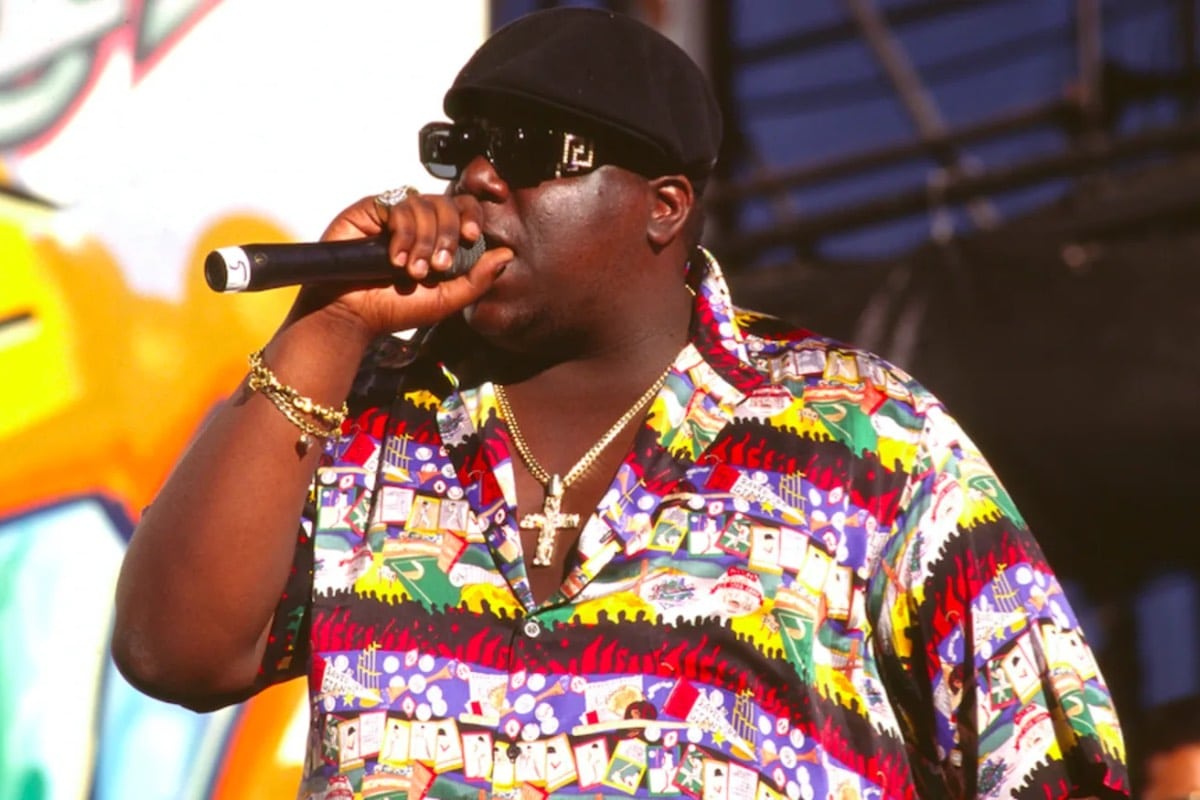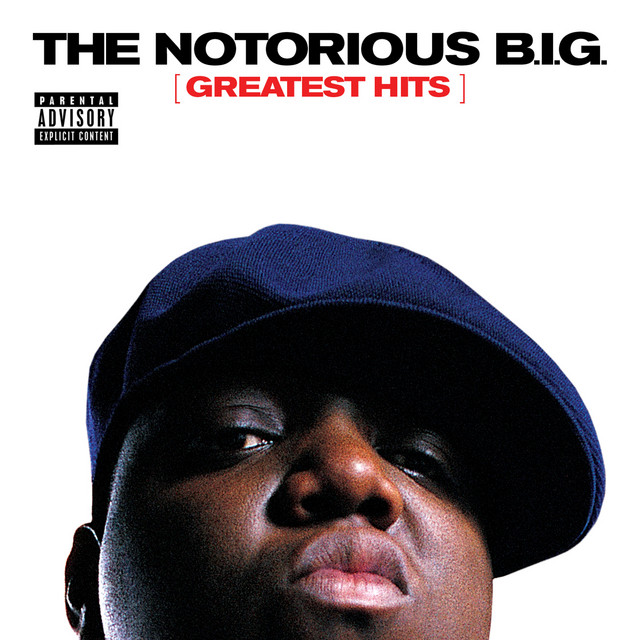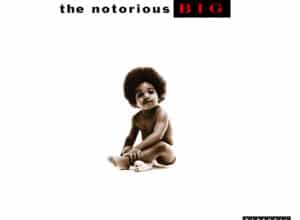Released: 1994
Biggie Smalls, the late and great Notorious B.I.G., dropped “Juicy” as an anthem of triumph, a rags-to-riches story that doesn’t just chronicle his come-up but also serves as a motivational soundtrack for anyone on their grind. This cut ain’t just about Biggie’s personal success; it’s a heartfelt shoutout to the struggle and a beacon of hope for cats still hustling. Now let’s break down this lyrical journey from the streets to the suites.
The first verse has Biggie reminiscing about the days when dreams were all he had. He talks about soaking up hip-hop culture from magazines like “Word Up!” and watching rap legends like Salt-n-Pepa and Heavy D climb into limos, while he’s chilling in his own world, letting his tapes rock until they popped. The throwbacks don’t stop; he references “Rappin’ Duke,” a novelty song that many thought would be the ceiling for hip-hop’s success. Our man flips the script, though, showing just how far hip-hop has come, and how it’s put him in the “limelight” because he rhymes tight—meaning his skills as an MC got him the fame and fortune nobody expected for the genre, let alone him.
The hook is where the heart is, with B.I.G. reminding anyone with ears that no matter how low you start, you’ve got the power to reach the stars. His story is a testament to perseverance and faith in oneself. It’s like he’s saying, “Yo, don’t let the haters press you down—aim high, and you can grab the good life just like I did.”
Verse two is all about the flip—from hustler to household name. The Brooklyn native talks about how he went from petty crime to chilling with Robin Leach, the host of “Lifestyles of the Rich and Famous.” It’s a symbol of ultimate success. The transformation is real; women who used to ignore him are now all up in his business, and his talent has taken him from the block to rocking mics across the coast. Life’s sweet now, but he didn’t forget the hardships, like dropping out of high school or being misunderstood because of racial stereotypes. Yet, he keeps it positive, repeating that mantra—it’s all good.
As Biggie rolls into the third verse, it’s all about the lavish lifestyle that his success has afforded him. Talking about that Super Nintendo and Sega Genesis, he paints a picture of a time when even having those was a pipe dream. Now, the man’s got cribs, rides, and his mama’s draped in fur. Every line is dripping with the luxury of his new life, a stark contrast to the cold, hard days of the past—times when even birthdays and holidays brought no joy. Biggie caps it off with a philosophical gem, from negative to positive; life is dope now, and if you don’t know, now you know. The wisdom? Remember where you came from, but work to change the narrative.
The outro’s a roll call, giving props to his crew Junior M.A.F.I.A., the flavor they bring, and the record label that helped make it all happen, Bad Boy Records. And he doesn’t stop there, the repetition of “It’s all good” becomes a mantra, a statement of contentment and achievement that continues as the track fades out, reinforcing the idea that no matter what, keep pushing, keep striving—because eventually, it’s all going to work out. Just like it did for Biggie; just like it can for you.
